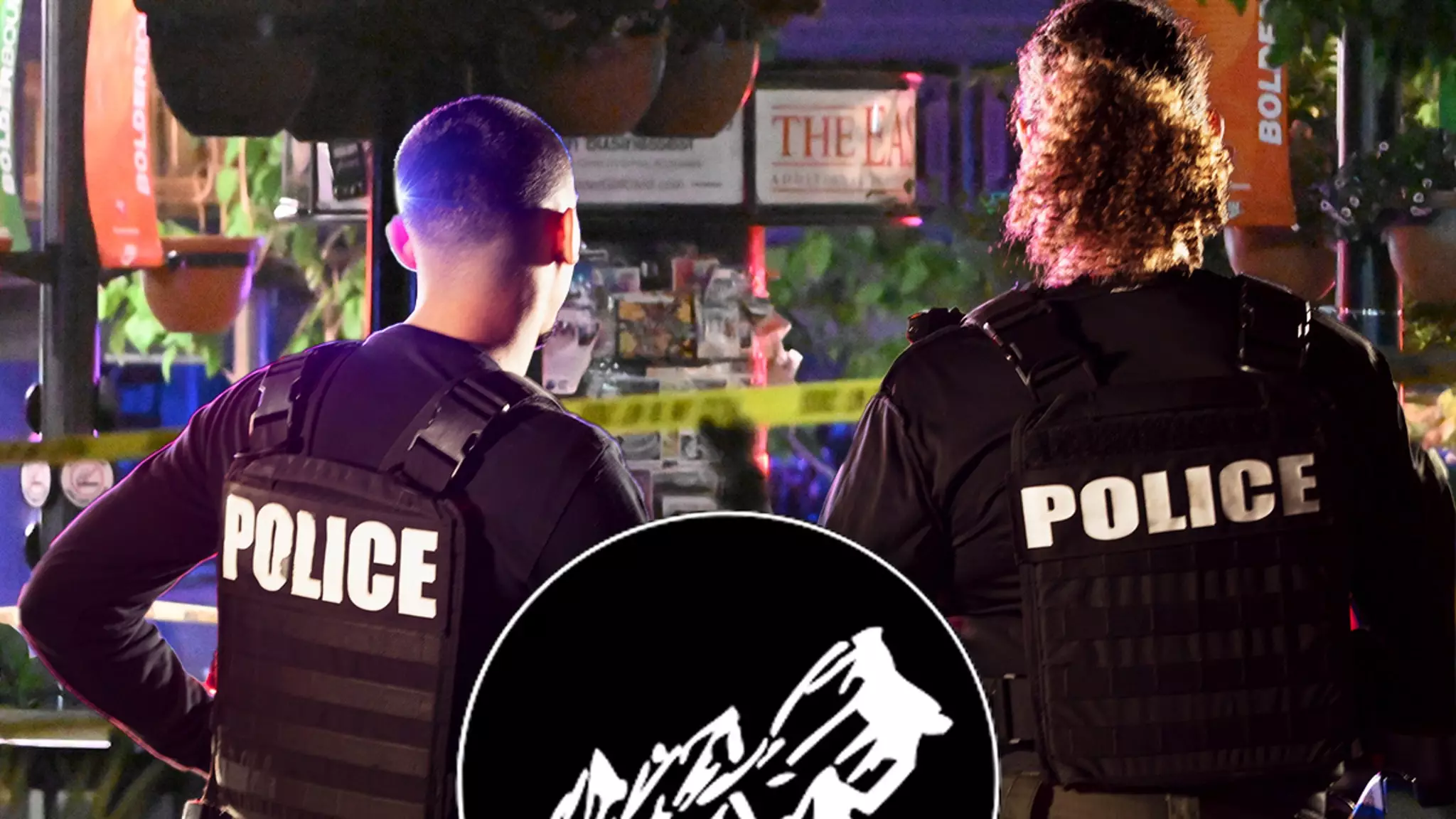On a fateful Sunday at Boulder, Colorado, an apparent incident of violent extremism marred what was intended to be a peaceful pro-Israel rally, organized as a part of the “Run for Their Lives” event. It is both disturbing and disheartening to witness that in today’s world, peaceful gatherings can be met with such horrifying aggression. The alleged perpetrator, 45-year-old Mohamed Sabry Soliman, demonstrated a frightening willingness to resort to extreme violence under the guise of political expression. Tossing Molotov cocktails and wielding what the FBI has described as a “makeshift flamethrower,” this act of aggression not only resulted in physical injuries to at least eight individuals but also struck fear in the hearts of the community.
Understanding the Fallout
While the aspirations for political advocacy are legitimate facets of democratic expression, they should never justify the use of violence. The incident in Boulder, where victims ranged from 52 to 88 years of age, highlights the indiscriminate nature of such brutality. One individual was reported in critical condition, serving as a grave reminder that the ramifications of extremist actions resonate far beyond immediate injuries. The consequences extend to families, friends, and communities, leaving emotional scars that could last far longer than physical ones.
It is important to acknowledge the significance of the relationship between Israel and Palestine, which remains one of the most polarizing topics in global geopolitics. However, these complex issues should never devolve into acts of terror. With Soliman reportedly shouting “Free Palestine” during his attack, one has to question who truly represents the interests of the Palestinian people in such bloodshed. Violence breeds a counterproductive cycle that may validate further aggression, further complicating an already complex conflict.
The Need for Consistent Action
Authorities have stated that Soliman faces multiple serious charges, including two counts of first-degree murder. These legal ramifications are necessary, but they are merely part of a larger conversation we must have about societal violence. In a country striving to uphold values of democracy and justice, how do we prevent individuals from crossing the bridge into violent radicalism? The FBI’s classification of Soliman’s actions as a “targeted terror attack” raises crucial questions about the effectiveness of current approaches to combat extremism in all its forms.
Moreover, it is essential that we confront and dismantle the systems of misinformation that fuel hate. The Anti-Defamation League and similar organizations have been vocal in highlighting the rise of antisemitism, pointing to this Boulder incident as yet another alarming signal of an increasingly violent climate against Jewish communities. This is not merely a matter for lawmakers and law enforcement; it is a collective responsibility that demands the active participation of society as a whole.
Looking Forward
The gravity of the Boulder incident should propel us toward meaningful dialogue and action. Silence and inaction can no longer be acceptable responses to such violence. Instead, we must advocate for robust educational programs that promote tolerance and understanding, alongside stronger policies to deter hate-driven activities. Failing to address these urgent issues risks the normalization of violence against any group, an outcome no society can afford to endorse.

